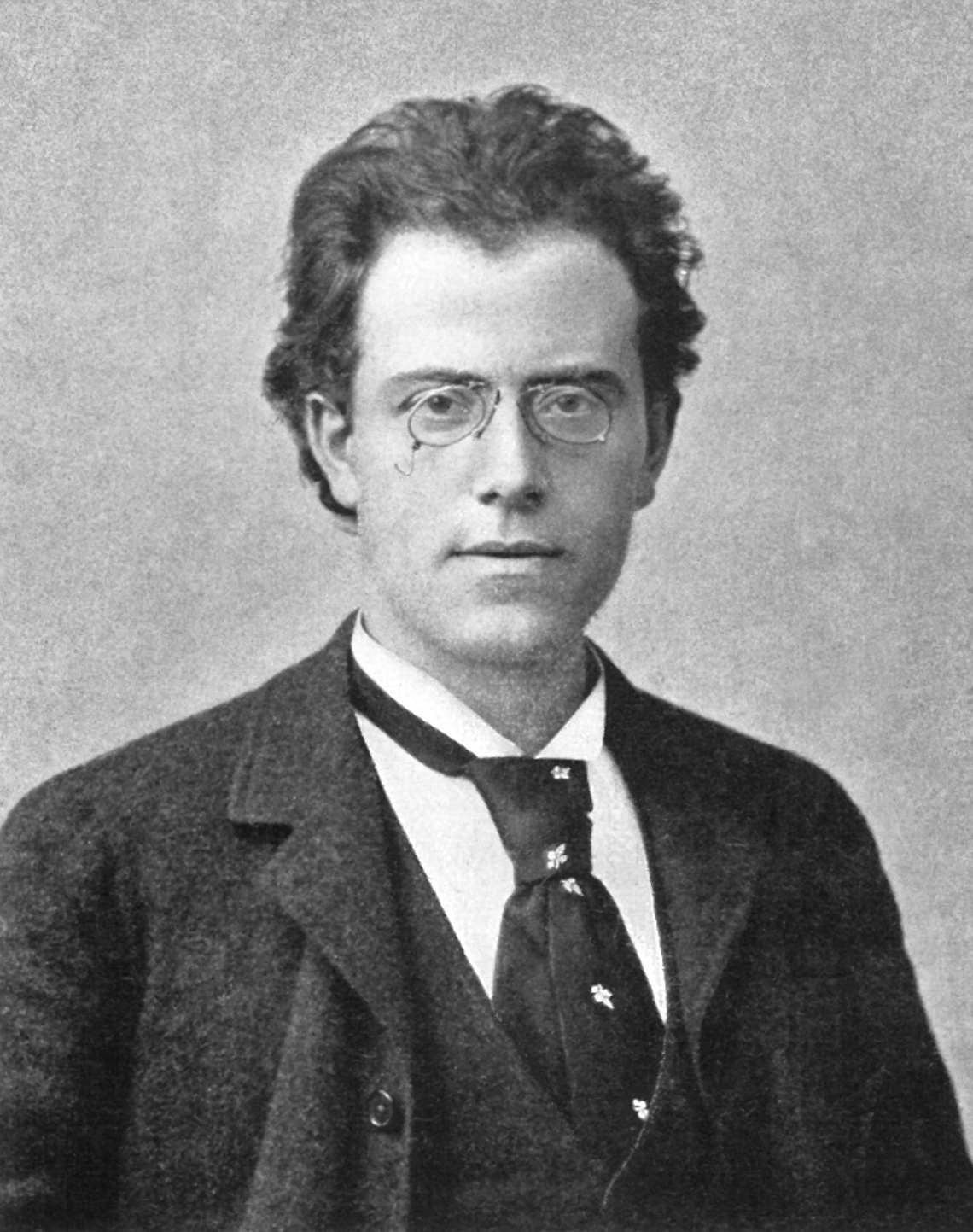I watched a new thought-provoking documentary last night, Going Circular, about the need to reinvent our local and global economic systems to eliminate waste and save our planet’s resources.
Mother Nature has had a 4-billion-year head start in figuring out how to build a sustainable ecosystem where nothing is wasted and we have much to learn from her.
Little or nothing should be going into the landfill. As much as possible should be recycled, reused, and repurposed. Everything possible should be manufactured so that it can be repaired and upgraded, rather than thrown away and replaced with something completely new.
This is especially important considering that world population is nearing 8 billion and much of the world is rapidly adopting the wasteful lifestyle of the United States and other developed nations. We need to rapidly pivot to a more sustainable economic system or risk catastrophic damage to the global ecosystem and unimaginable human suffering. With so many people, we face the very real possibility of trashing the world’s environment in a single generation.
I don’t know how you accomplish the needed changes fast enough without strong and competent involvement and regulation by the world’s governments. Sure, we can have reasoned debates about the exact roles that governments will play, but all parties should be onboard with the common goal that tax money should be spent wisely and that government should run efficiently. This is no time for “small government” but it is time for better government.
Excessive military spending across the world is tying up valuable resources that could be used to help transform our economies and save the planet. The United States is one of the worst offenders. “With an annual defense budget of $733 billion, the U.S. spends more than three times what China does and 12 times as much as Russia.”1
To end this short article on a hopeful note, think how satisfying it would be both personally and collectively if much of our labor force had jobs directly involved with reducing waste, reusing materials, producing products that last as long as possible, and repairing and upgrading products rather than seeing them thrown away.
Watch the film, please. Though Going Circular is currently only available through Curiosity Stream, which is a subscription service, hopefully it will be more generally available soon. I’d like to see this documentary aired on PBS.
1The Week, November 19, 2021, p. 13



